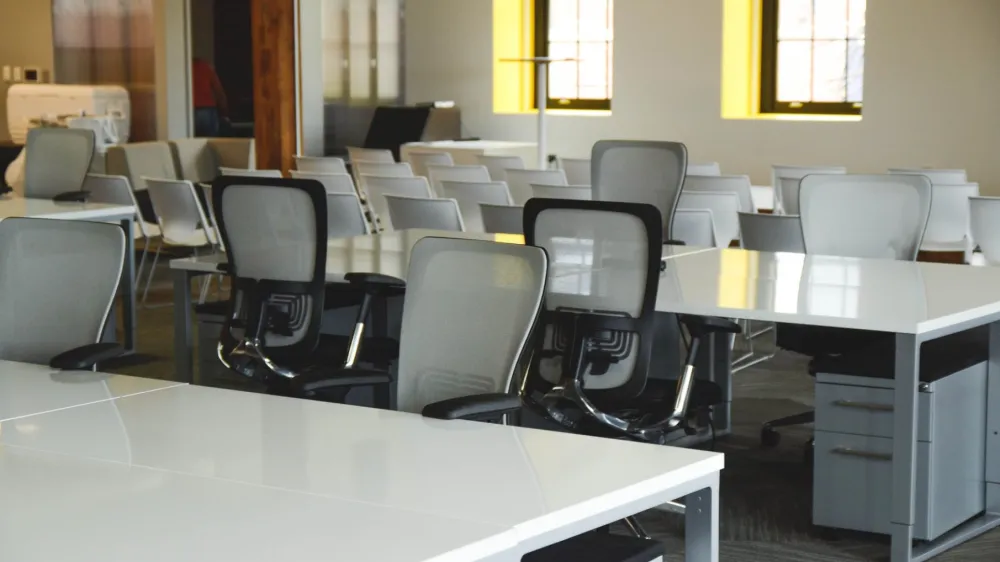
Current trends in Kuala Lumpur’s office market revealed
Landlords are refurbishing older properties to address sustainability demands.
According to a JLL report, ESG-compliant buildings saw growing demand in Kuala Lumpur, driven by corporate commitments to achieve net zero carbon emissions by 2030.
This demand was supported by investor expectations, corporations’ sustainability objectives and employee preferences.
Here’s more from JLL:
We observed a significant trend of firms representing business services, co-working and IT sectors actively relocating to new offices. This movement not only reflected robust office market demand but also aligned with the growing emphasis on corporate responsibility.
New buildings face continuous delays while older properties pursue retrofits
PNB Project 1194 and Lendlease Office at TRX experienced further delays pushing their completion dates to the fourth quarter. These setbacks were primarily due to challenges in obtaining the necessary CCC, impacting the overall progress of the projects.
We observed a trend where landlords are refurbishing older and non-green certified properties to enhance sustainability, addressing the supply-demand imbalance in the market.
Rising rents and strong investor interest signal robust performance
Rents climbed most sharply in Kuala Lumpur City, followed by the Decentralised areas. The growing demand for high-quality and sustainable office spaces was instrumental in driving rent increases. Overall rents rose 1.2% y-o-y.
A significant office property transaction was recorded: 59 The Boulevard Mid Valley City in KL Eco City. This sale demonstrated investors’ continued interest in well-priced, strategically located office assets.
Outlook: Sustainability and flexibility as dual drivers shaping Kuala Lumpur’s office market future
Green space rents are expected to rise due to high demand and quick absorption. Sustainability-focused tenants are likely to swiftly occupy these environmentally certified properties, creating a competitive market for green buildings.
Flexibility will define future office trends. Growing demand for co-working spaces indicates a shift to adaptable solutions. This trend will likely continue as companies balance quality-space needs with lower-risk, short-term commitments amid economic uncertainty.



















 Advertise
Advertise





